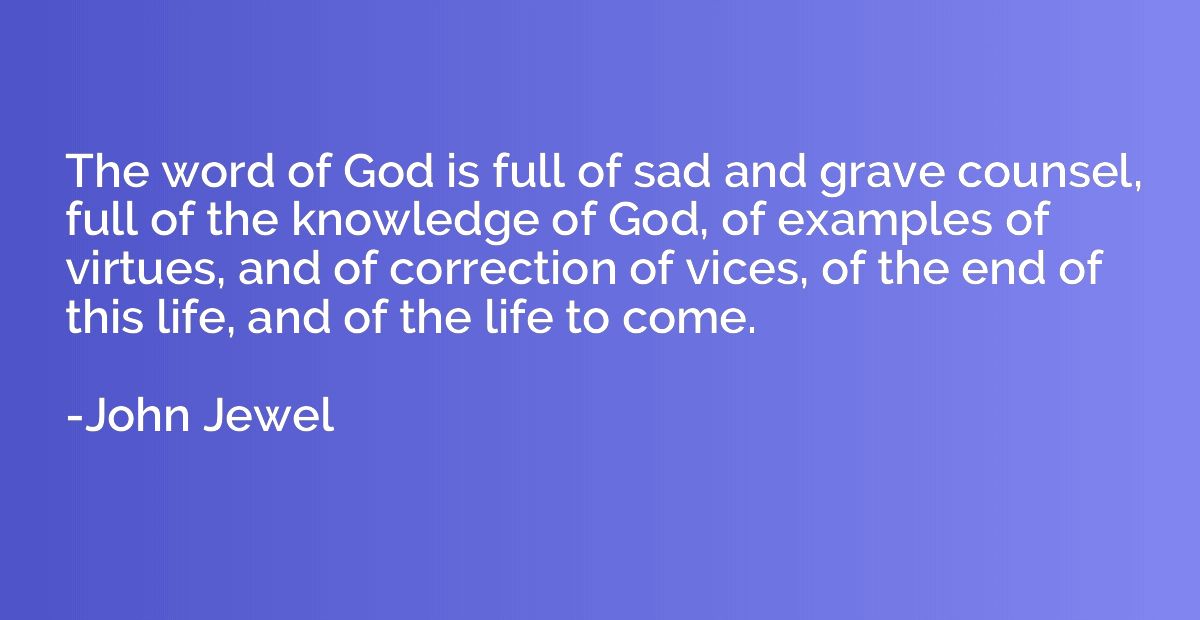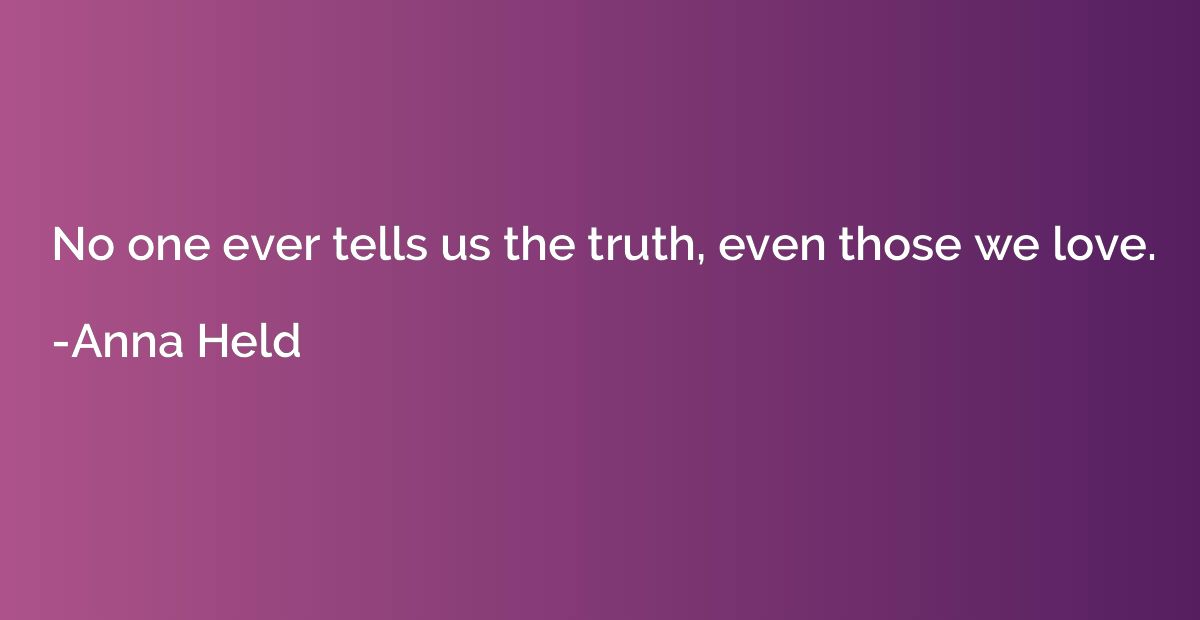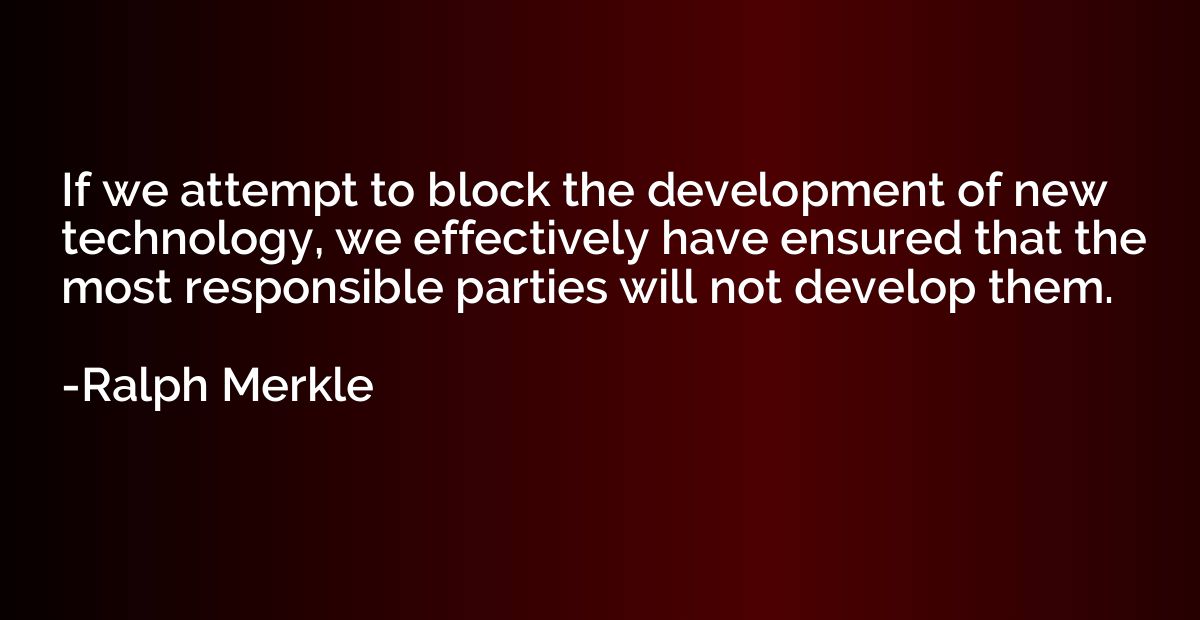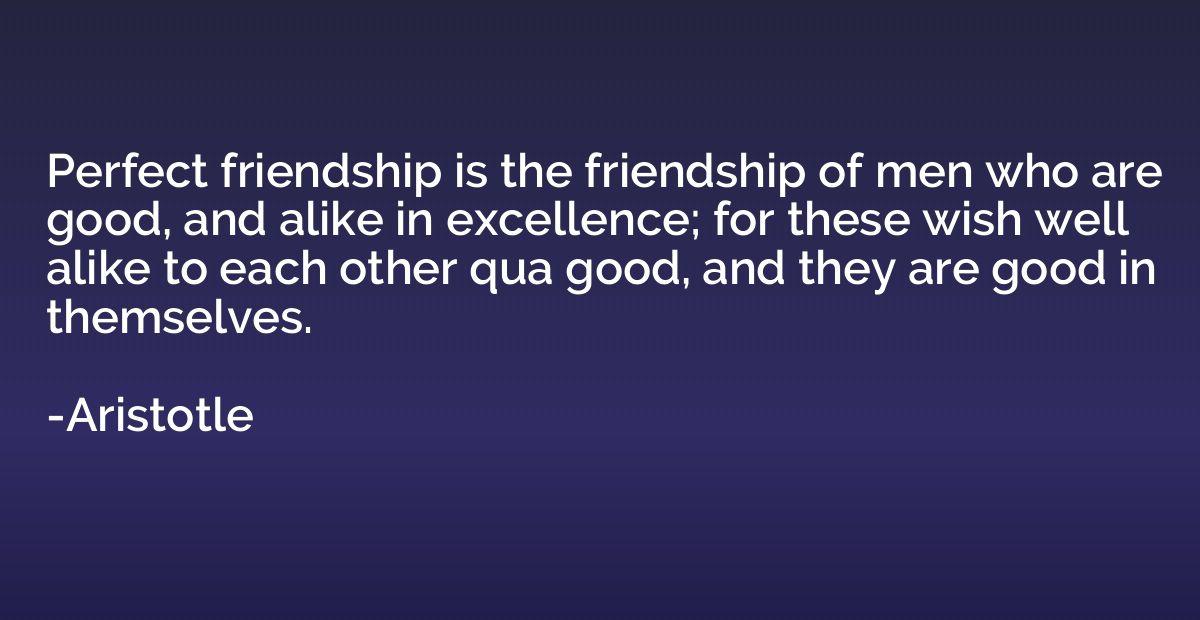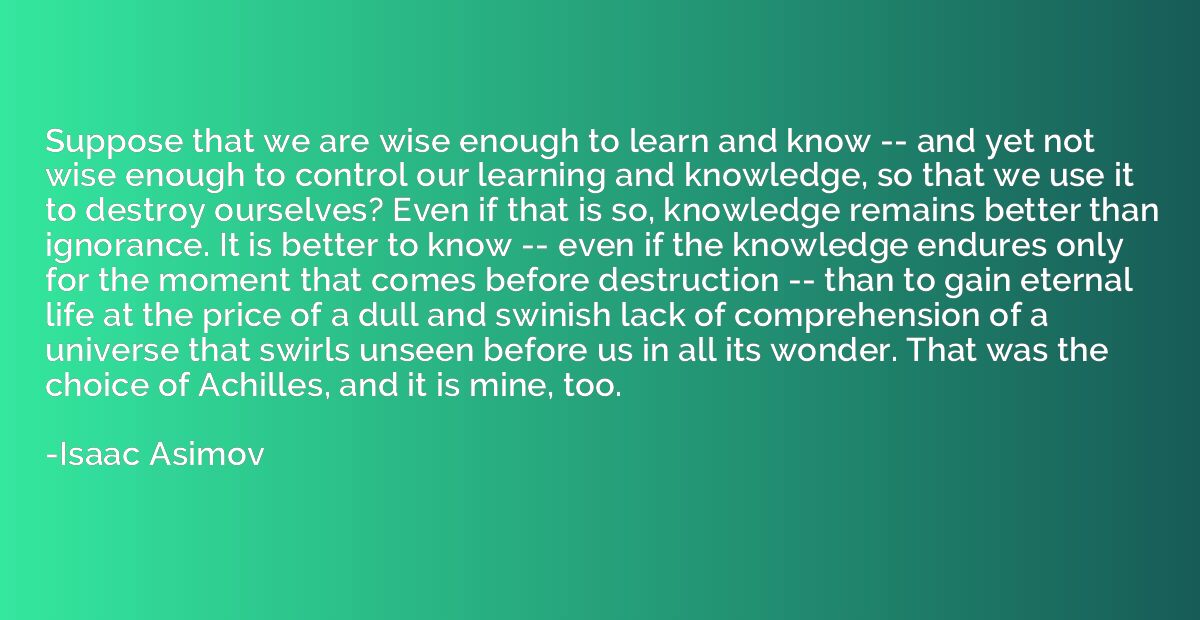Quote by Kahlil Gibran
Pity the nation that is full of beliefs and empty of religion. Pity the nation that wears a cloth it does not weave and eats a bread it does not harvest. Pity the nation that acclaims the bully as hero, and that deems the glittering conqueror bountiful. Pity a nation that despises a passion in its dream, yet submits in its awakening. Pity the nation that raises not its voice save when it walks in a funeral, boasts not except among its ruins, and will rebel not save when its neck is laid between the sword and the block. Pity the nation whose statesman is a fox, whose philosopher is a juggler, and whose art is the art of patching and mimicking Pity the nation that welcomes its new ruler with trumpeting, and farewells him with hooting, only to welcome another with trumpeting again. Pity the nation whose sages are dumb with years and whose strongmen are yet in the cradle. Pity the nation divided into fragments, each fragment deeming itself a nation.
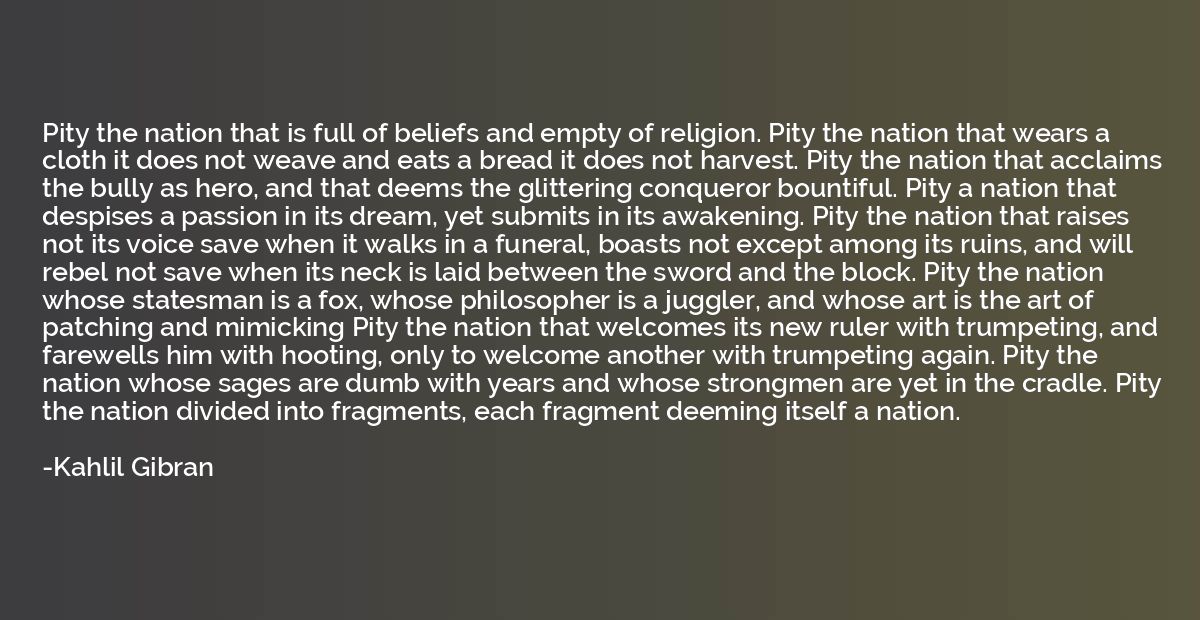
Summary
The quote highlights the sorry state of a nation that lacks genuine beliefs and religious values. It mourns a nation that relies on external sources for its garments and sustenance, rather than producing them. The quote criticizes a nation that idolizes bullies and conquering figures, while despising passion and failing to express its collective voice, except in times of mourning. It pities a nation where its leaders lack integrity and its intellectuals lack wisdom. Ultimately, it empathizes with a nation divided and fragmented, where each faction considers itself a separate entity.




